February 2008
Featured
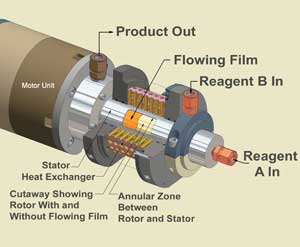
Putting the Squeeze on Convention
By Ron Kotrba
Biodiesel Magazine talks with a California-based company about its unique reactor design and unconventional business plan that will lead to the construction of a model refinery on the East Coast.
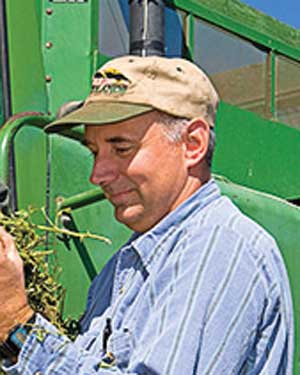
Making Pennycress Pay Off
By Susanne Retka Schill
Pennycress is a weed that researchers think has the potential to quell the food versus fuel debate. If initial findings prove true, it could become a biodiesel feedstock that doesn't compete with corn and soybeans for acres.

A Billion-Gallon Boost
By Dave Nilles
The biodiesel industry claimed several important victories in the latest Energy Bill. Fuel labeling, performance studies and an all-important specific carve-out are expected to enhance production and market confidence. However, critical issues remain as the dust settles.
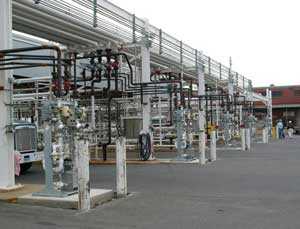
No Need to Splash
By Jerry W. Kram
Biodiesel doesn't typically go straight from the processor to the fuel tank. It has to be distributed, blended and then redistributed to retailers before it's sold to consumers. Managing the transfers and tracking the blending is important to growing a viable biodiesel industry.
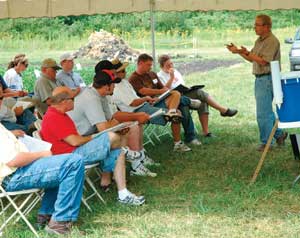
Probing Soybean Physiology
By Jessica Ebert
On the surface it seems simple: too little water or too high temperatures during the growing season equals disappointing soybean yields. A closer look, however, reveals a host of entwined physiological changes in the soybean seed that result in this deflating outcome. Soybean physiologists spoke with Biodiesel Magazine about how they're trying to understand these changes in an attempt to improve yields.

Moving Biodiesel
By Anduin Kirkbride McElroy
Distribution of fuel makes up less than 10 percent of the cost of biodiesel, but there's a lot of flux within that 10 percent. Trucks, trains and barges each offer options to control costs and reach markets.
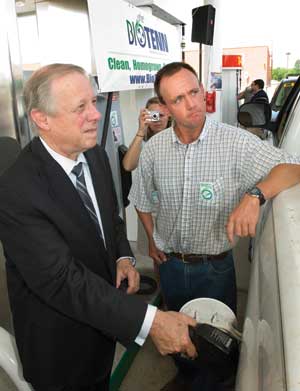
A Southern Transformation
By Bryan Sims
Tennessee Gov. Phil Bredesen's bold leadership has unlocked the state's potential to become a biodiesel producer and user.

Do-it-Yourself Oil Extraction
By Jerry W. Kram
The conventional wisdom has always been that combining oil crushing and biodiesel production is too expensive for all but the largest producers. That thinking has put biodiesel producers at the mercy of a volatile and capricious oil market. A California engineering firm says it's found a way for biodiesel makers to take control of their feedstocks.
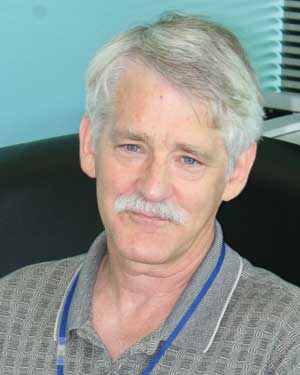
From Concept to Commercialization
By Jerry W. Kram
Figuring out how to make fuel and chemicals from biomass is only the first step, making those processes economically viable is the ultimate goal. Researchers at the National Renewable Energy Laboratory in Colorado work with large and small businesses to turn their discoveries into commercial successes.





